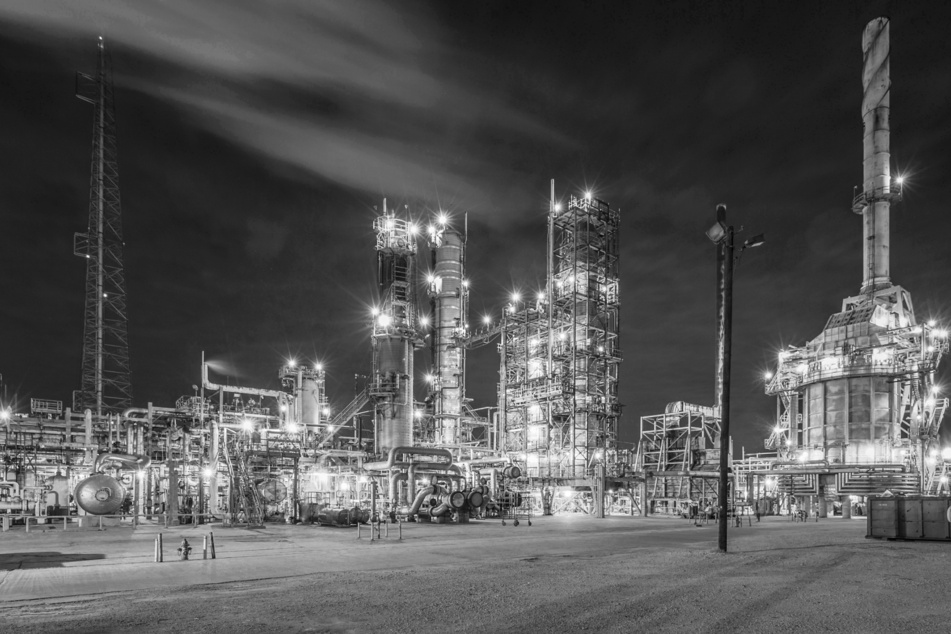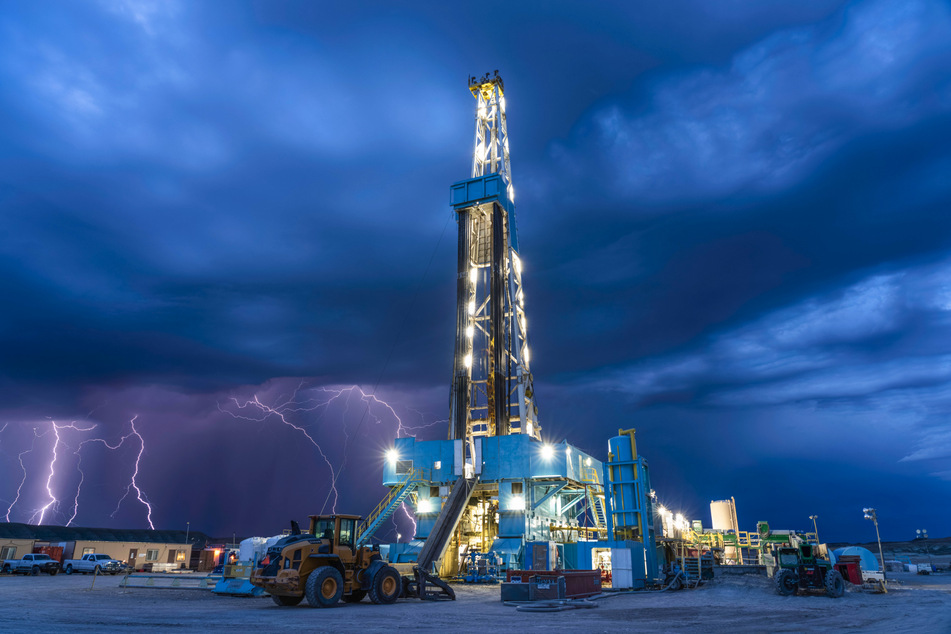Fossil fuel companies are greenwashing with corporate-speak, new study finds
Kyoto, Japan - The biggest names in the fossil fuel industry are boasting boldly to boost their brand, but big talk does not equal big walk, according to a new study.

The study looked at 12 years of data from the years leading up to 2020 on ExxonMobil, Chevron, Shell, and BP, which are responsible for 10% of global CO2 emissions since 1965, and found out that the companies actions fall far short of their pledges.
The team found that each company started using more words related to climate action in the last few years studied, like BP going from only 22 mentions of "climate change" in 2009 to 326 mentions in the company's 2020 annual report.
They also found called out the fossil fuel industry for talking a big talk with low follow-through.
"The companies are pledging a transition to clean energy and setting targets more than they are making concrete actions," the study said.
For example, instead of curbing the amount of fossil fuel produced, Shell, BP, and Chevron each ramped up their production levels in the years studied.
This decade is seen as the last chance to curb emissions, so it is the perfect opportunity for these companies to make good on their promises, instead of continuing with business as usual while waving around green flags.
Big fossil fuel companies respond

Spokespersons for each of the four fossil fuel companies responded with corporate-speak when contacted by the Guardian for a response to the study.
Exxon went for touting future technologies: "We plan to play a leading role in the energy transition, while retaining investment flexibility across a portfolio of evolving opportunities, including for example carbon capture, hydrogen and biofuels, to maximize shareholder returns."
Chevron, meanwhile, also kicked the can further down the road: "We are focused on lowering the carbon intensity in our operations and seeking to grow lower carbon businesses along with our traditional business lines. We are planning $10bn in lower carbon investments by 2028."
Shell’s spokesperson said: "Our short, medium and long term intensity and absolute targets are consistent with the more ambitious 1.5C goal of the Paris Agreement."
BP objected to having its past dragged up: "In 2020 BP set out our new net-zero ambition, aims and strategy, and in 2021 completed the largest transformation of the company in our history to deliver these. Because this paper looks back historically over the period 2009-2020, we don’t believe it will take these developments and our progress fully into account."But Professor Gregory Trencher, who worked on the study, shot back at BP's claims: "We included the documents that were published during 2021, so the so-called data gap is only about six months, and we don’t find any evidence of any new actions that would change any of our findings."
"Unfortunately, the way the energy markets are structured around the world, fossil fuels still enjoy many [regulatory and tax] advantages and renewables are still disadvantaged," he told the Guardian.
Cover photo: IMAGO / Cavan Images
